The beverage industry is committed to providing consumers with the information they need to make a choice that’s right for them. In 2010, our industry started the Clear on Calories initiative—a voluntary commitment to place easy-to-understand calorie labels on the front of every bottle, can, and pack they produce. In 2012, we launched the Calories Count Beverage Vending program to provide clear calorie information on vending machines and remind consumers that “calories count” in all the choices they make.
Prioritizing Balanced Choices
Clear on Calories
Coca-Cola Company, PepsiCo, and Keurig Dr Pepper offer more choices in beverages and smaller container sizes than ever before.
Beverages in Schools
Michigan’s beverage companies have reduced beverage calories in K-12 schools by more than 90 percent by voluntarily removing full-calorie soft drinks and replacing them with lower-calorie and smaller-portion options.
The American Beverage Association and the Alliance for a Healthier Generation released the Beverage Calories Initiative (BCI) 2020 National Report in mid-October. The latest findings demonstrate that industry actions to provide consumers with more choices containing less sugar and smaller portion sizes have reduced calories from our products for the fourth year in a row. Calories per person from soft drink declined 5% in 2020. Meanwhile, volume per person has increased nearly 9% since 2014. Per person volume sales of water has increased 36% over that time period. 25% of sports drinks consumed are low or no-sugar, up 15% over the last four years.
The BCI was initiated in 2014 by the ABA, The Coca-Cola Company, PepsiCo, and Keurig Dr Pepper as a commitment by the industry to reduce per-capita consumption of beverage calories by 20% nationally by 2025.
Giving Back to Michigan
In 2017, MiBev members contributed $25,000 to the Michigan Dental Association Foundation to provide toothbrushes, toothpaste, floss, and other dental care products for their Mission of Mercy programs in Flint and Muskegon.
Taxes on Beverages Don't Fizzle Out Obesity
Taxes and regulations that harm consumers and businesses are not the solution to addressing health challenges. Imposing special new taxes on soft drinks are inappropriate and unjustified for several sound public policy reasons. Consumption of full calorie soft drinks continues to decline as Michigan obesity rates increase.
- Tax increases on Michigan made products are counterproductive to rebuilding this state’s economy and fostering job growth.
- Special taxes on beverages sets the stage for discriminating against other food or beverages also found at the local grocery store-or anywhere for that matter.
- The competition in the beverage category is so fierce that even a very small increase in price has a significant negative impact on sales–translating to a loss of jobs and for people employed by the beverage industry and retailers.
- We should not impose on our Michigan citizens a burdensome new tax increase that is regressive, discriminatory, unconstitutional and targets a made in Michigan product.



